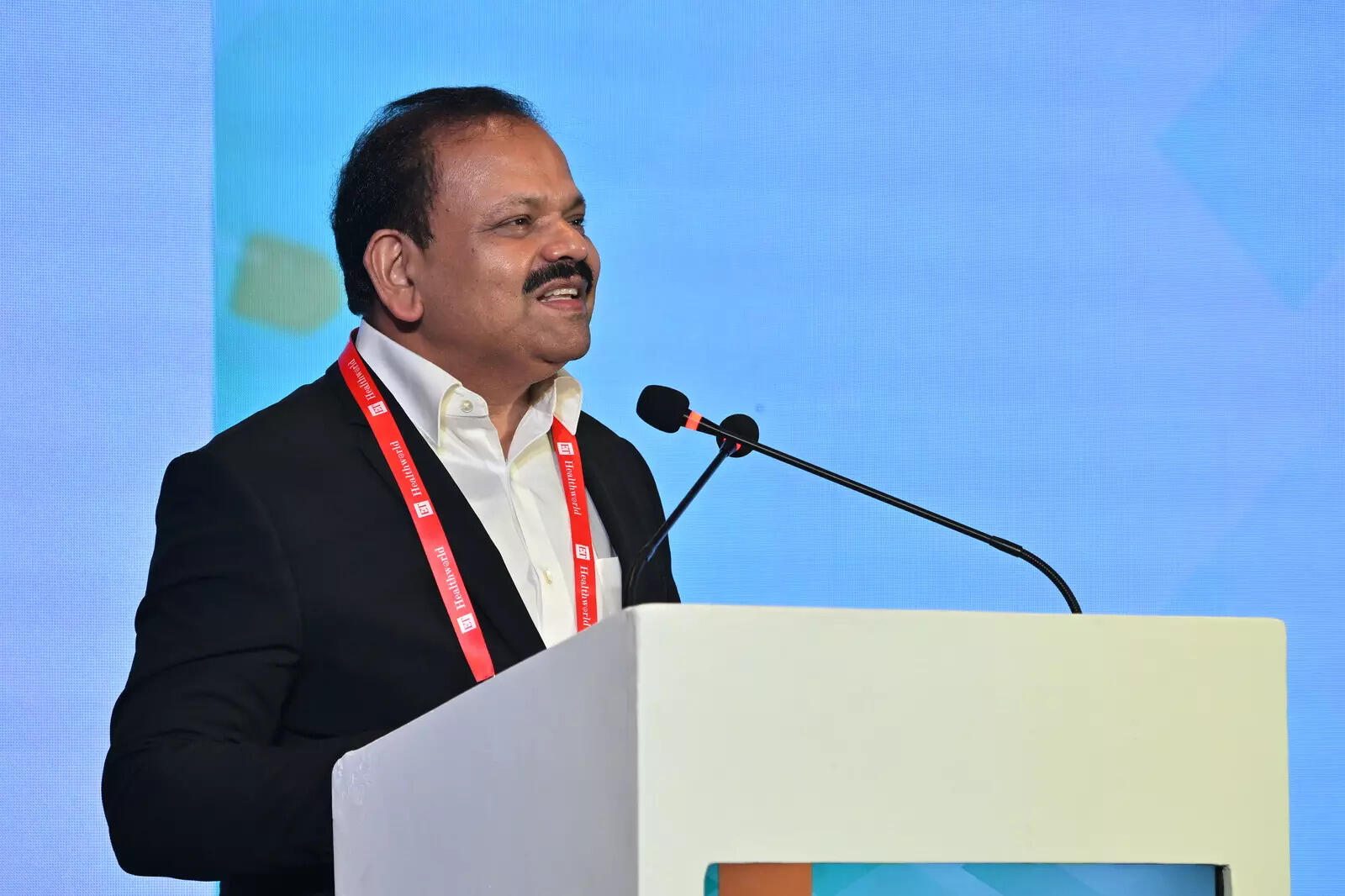
Mumbai: In a heartfelt keynote address at the 5th edition of the ETHealthworld Fertility Conclave, Prof (Dr) Shivanand M Bandekar, Dean, Goa Medical College, cast a powerful spotlight on the transformative journey of the institution’s in-vitro fertilization (IVF) program—an initiative that promises to reshape public health and fertility care in India.
“Infertility,” he began, “is not just a medical condition. It is an emotional and social struggle.” His words echoed the lived reality of millions of Indian couples who face not just biological hurdles to parenthood but also the crushing weight of societal stigma, emotional isolation, and strained relationships. The burden is particularly heavy for women, who often bear the brunt of blame and shame.
Dr Bandekar emphasised that while IVF brings hope to those yearning for a child, the steep costs have historically placed it beyond the reach of many. But with Goa Medical College (GMC) stepping in, that is changing. “Free IVF treatment programs,” he said, “are a transformative step. Financial limitations should never stand in the way of parenthood.”
IVF Access—Now a Reality, Not a Privilege
Through a public health initiative, IVF services at GMC are now fully subsidized by the institution and the Government of Goa. “This initiative provides hope to couples who have longed for a child but couldn’t afford the treatment,” Dr. Bandekar shared, “easing the burden of infertility and giving families the opportunity to experience the joy of parenthood without financial hardship.”
Patients can now approach OPD 24—Obstetrics and Gynecology OPD—at GMC to begin their fertility journey, removing barriers that once forced couples to run from “pillar to post.”
Dr Bandekar also showed in his presentation the remarkable infrastructure of the new IVF center at GMC, proudly describing it as a facility that maintains global standards with no compromises. The center is equipped with cutting-edge technology:
An MPO transfer operation theater with an advanced air handling unit, HEPA filters, and zero fume exposure, ensures the safest environment for embryo transfer.
A state-of-the-art embryology lab with multiple types of embryo culture incubators, laminar flow hoods, and a dedicated XC apparatus with laser hatching capabilities for preimplantation genetic screening (PGS) and diagnosis (PGD).
The cryopreservation system features liquid nitrogen cryocans that store gametes at -196°C, with strict protocols to ensure continuous preservation.
The facility also features epoxy flooring and an ESCO workstation that guarantees a uniform temperature of 37°C under ultra-clean air conditions.
“We’ve ensured every detail meets international standards. Even the slightest trace of perfume can trigger an alarm in the lab—that’s how sensitive and precise the environment is,” Dr. Bandekar remarked.
Dr Bandekar informed that the IVF program has been made possible through Corporate Social Responsibility (CSR) funding, enabling the government and GMC to deliver high-quality fertility care at no cost to patients.
“Many of our sisters who wanted to start a family used to face so many hurdles,” he reflected. “Now, with inspiration and collective will, we have created a system that brings care and dignity to their aspirations.”
He also added that the GMC IVF program stands as a pioneering example of how public institutions can democratize access to advanced medical technologies. “In a country where infertility still carries stigma and treatment costs are a major barrier, GMC has laid the foundation for a future where fertility care is inclusive, compassionate, and accessible to all,” Dr. Bandekar concluded.